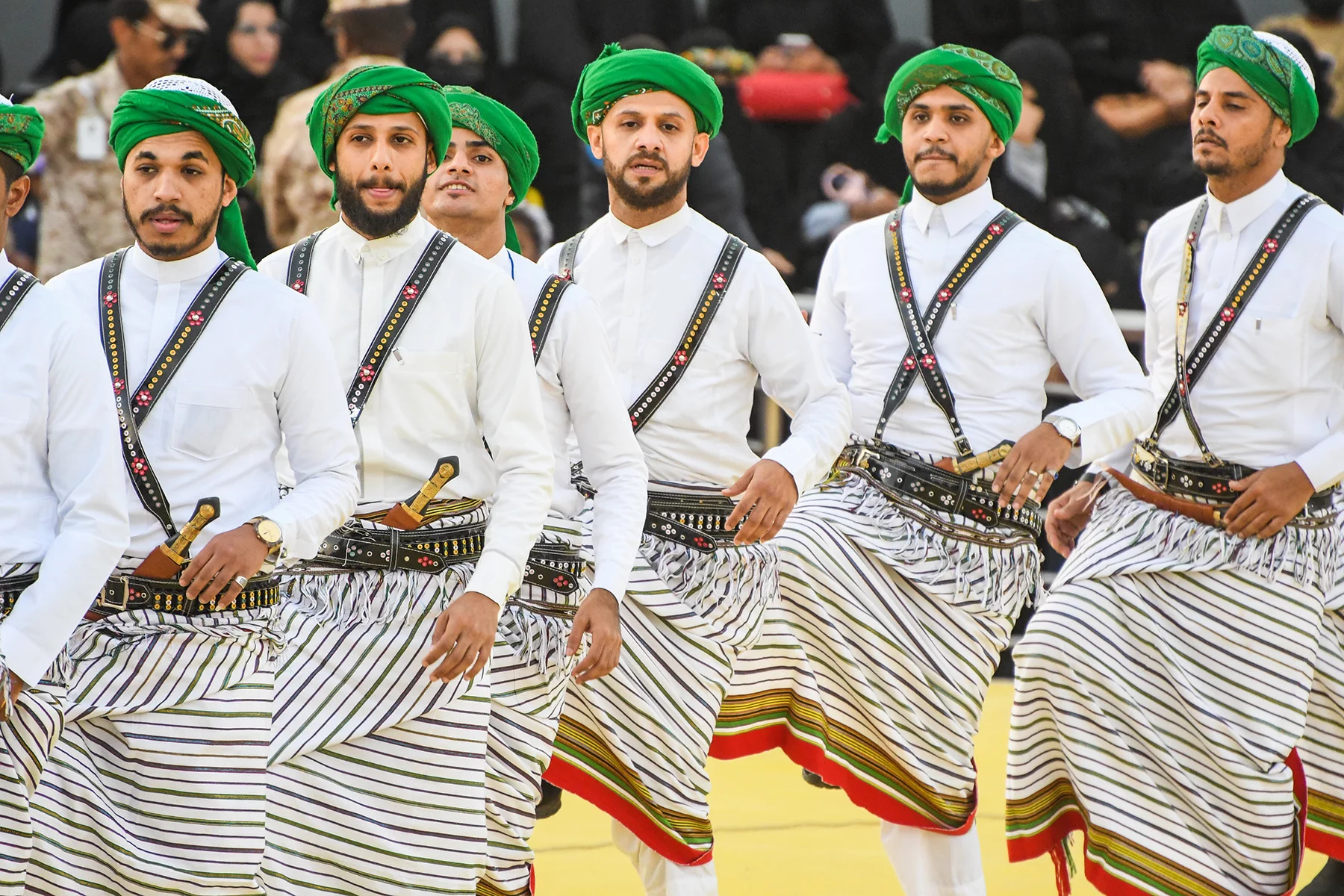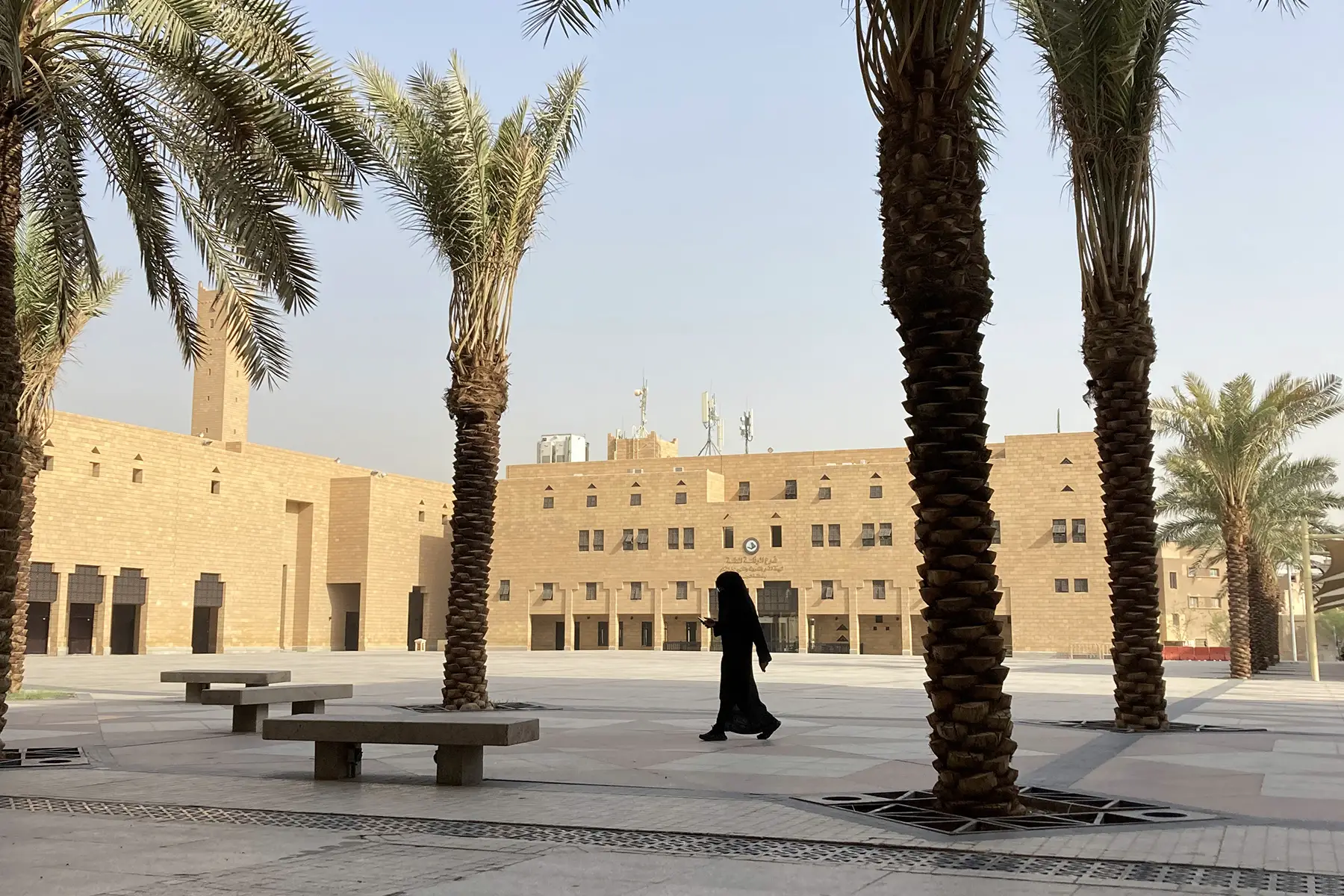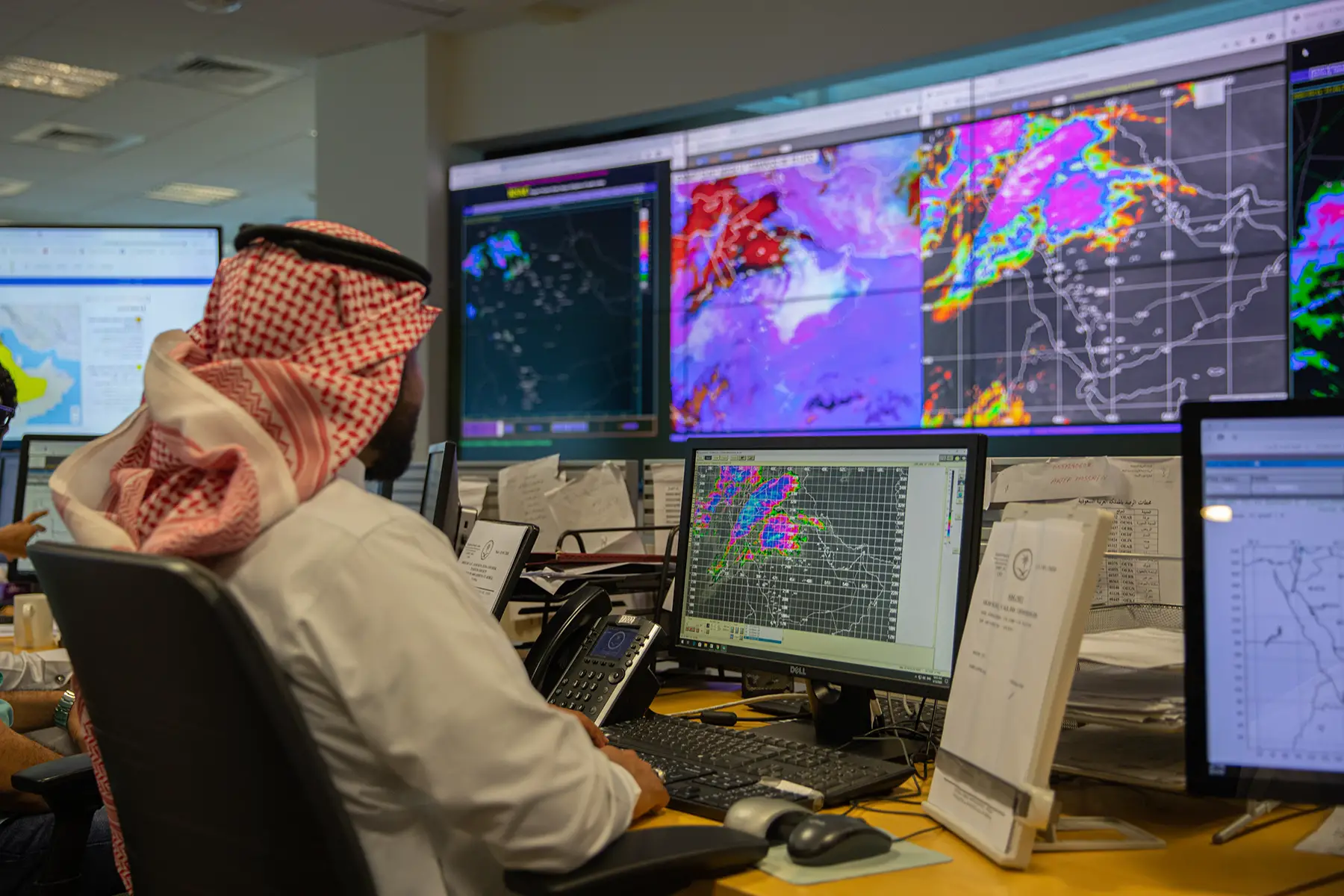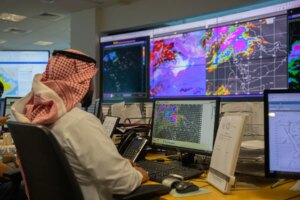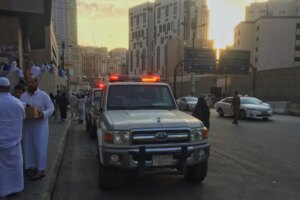Expat life in Saudi Arabia is about opportunity and adventure. Furthermore, with a hugely ambitious national economic and social reform program (Vision 2030) currently in implementation, the Kingdom is moving into a new era that will benefit locals and expats.
This essential guide to Saudi Arabia covers the following topics:
- Living in Saudi Arabia
- Quality of life in Saudi Arabia
- Geography of Saudi Arabia
- Main cities in Saudi Arabia
- Saudi Arabia: facts and figures
- Saudi Arabia: key historical dates
- Economy and living standards in Saudi Arabia
- Saudi Arabia’s people and society
- Saudi Arabia’s lifestyle and culture
- Food and drink in Saudi Arabia
- Politics, government, and administration in Saudi Arabia
- Rights and freedoms in Saudi Arabia
- Crime and policing in Saudi Arabia
- Healthcare in Saudi Arabia
- Education in Saudi Arabia
- Work and business in Saudi Arabia
- Environment and climate in Saudi Arabia
- Great places to visit in Saudi Arabia
- Public holidays in Saudi Arabia
- Saudi Arabia: myth-busting
- Useful resources
Living in Saudi Arabia
Saudi Arabia is the Middle East’s largest country. In 2018, 12.6 million expats lived there, comprising 37.7% of the total population (around 33 million).
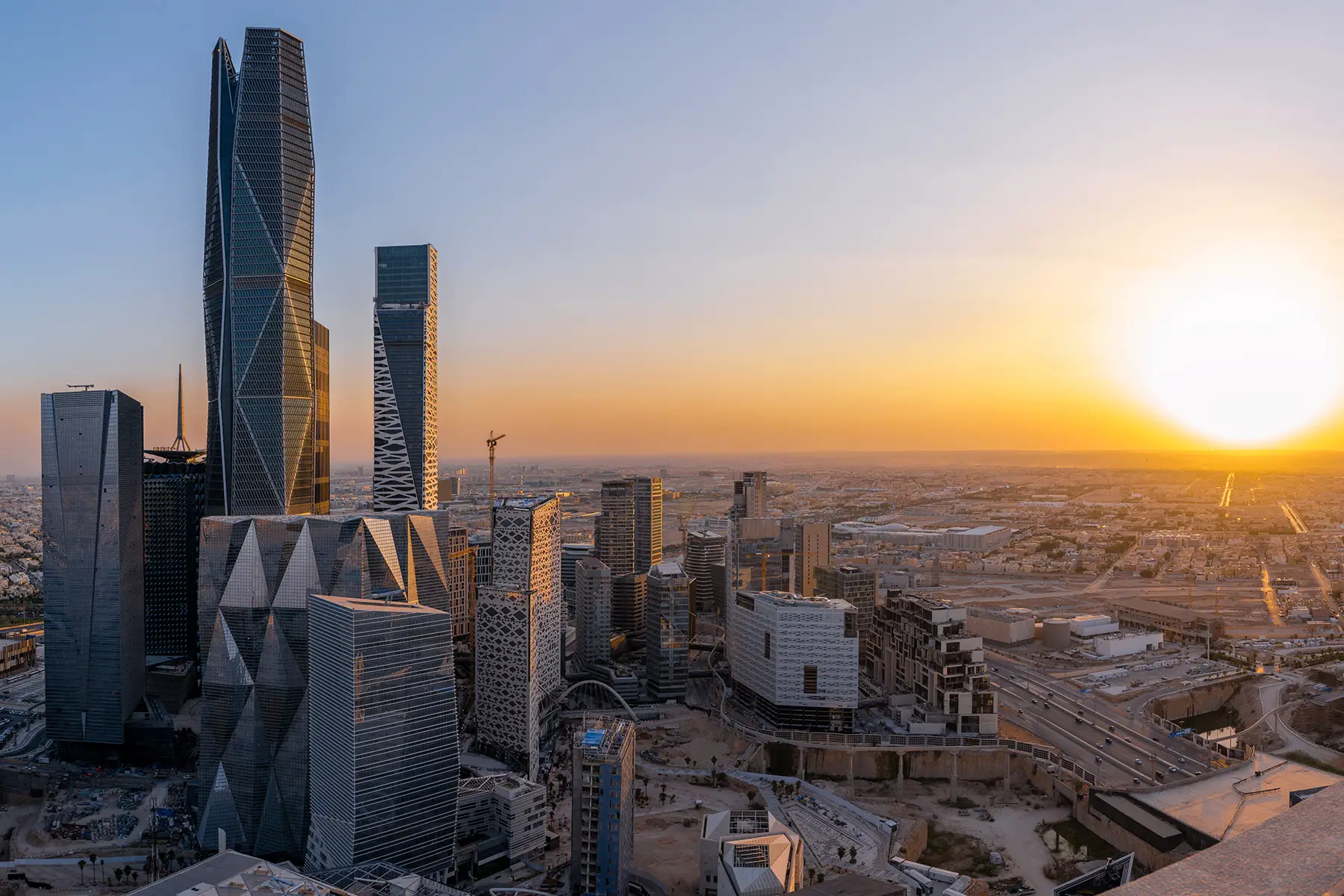
The Kingdom is the classic oil-rich state. For one thing, it holds about a fifth of the world’s proven oil reserves and has its largest oil field. It is also the world’s second-largest oil producer (after the United States) and the largest oil exporter. As a result, it wields significant global strategic, political, and economic clout.
Saudi Arabia is home to Islam’s holiest sites, including the cities of Mecca and Medina. Consequently, religion plays a central role in day-to-day life, influencing culture, society, and even working conditions.
Saudi Arabia is roughly twice the size of Western Europe; however, it is the world’s 35th least densely-populated nation. The landmass is mainly desert (including one of the world’s largest sandy deserts, the Rub Al Khali), and there are generally large distances between villages, towns, and cities. Only 1% of the land can support agriculture, so the Kingdom imports most of its food.
Quality of life in Saudi Arabia
Two Saudi cities feature in the Mercer quality of living rankings: Riyadh (164th out of 231) and Jeddah (168th). The country has strict laws limiting behavior, and while healthcare and accommodation are of a high standard for expats, they are expensive.
Geography of Saudi Arabia
Covering an area of approximately 2.15 million square kilometers, Saudi Arabia accounts for about 80% of the Arabian Peninsula landmass. The country is flanked to the west by the Red Sea and the east by the Arabian Gulf, so it lies on major international shipping lanes.
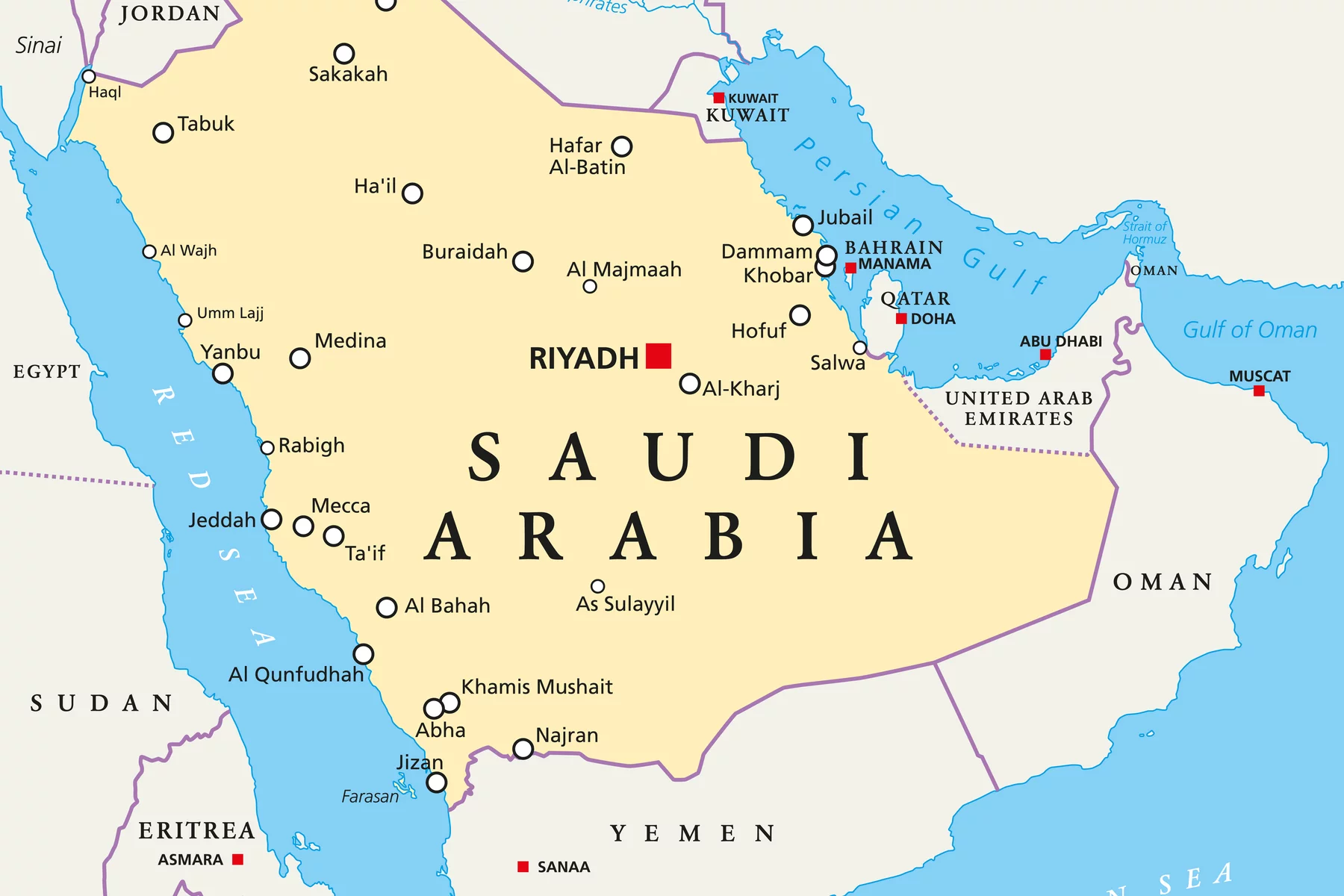
The Kingdom has land borders with Iraq, Jordan, and Kuwait in the north, Qatar and the UAE in the east, Oman to the southeast, and Yemen to the south.
Saudi Arabia comprises 13 regions. The largest is the Eastern Province, followed by Riyadh, Mecca, Medina, Najran, Tabuk, Northern Borders, Ha’il, Jawf, Asir, Qassim, Jizan, and Bahah.
Although mainly desert (there are no permanent rivers or lakes), Saudi Arabia has impressive mountain ranges, particularly in southwestern Asir Province. Here, peaks rise to more than 3,000 meters, and coniferous forests dot the hillsides. The 2,300km coastline, meanwhile, features stunning, largely unspoiled beaches and world-class diving, especially along the Red Sea.
Main cities in Saudi Arabia
The vast majority of skilled expats in Saudi Arabia work and live in one of the country’s three main urban centers. These are the following.
Riyadh
The capital city has a population of approximately seven million and is on a desert plateau; this is the seat of power of the royal family and government. Some 950,000 cubic meters of water is pumped here every day because this arid plain cannot match water demand. This comes from seawater desalination plants located on the coast 600km away.
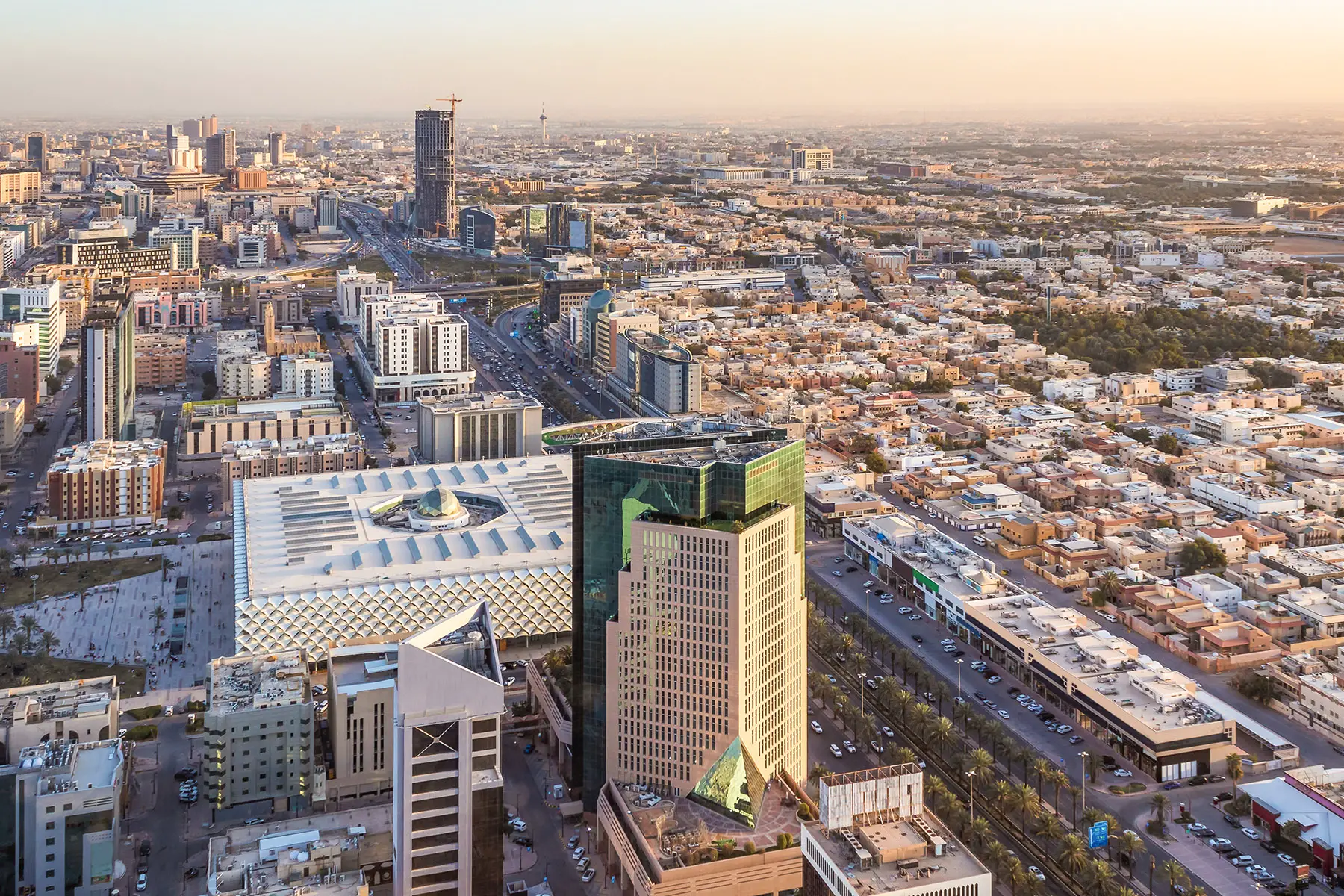
Riyadh is home to a sizeable expat community with people working for large infrastructure projects and government positions. Unlike the Eastern Province, Riyadh has no oil. Social life in the city revolves around large expat-orientated gated communities, eating out at a luxury hotel, or attending functions at one of the embassies in the heavily fortified Diplomatic Quarter. The $27 billion Riyadh Metro is currently under construction in the city, which promises to transform life there.
Jeddah
This historic city of 3.5 million sprawls along the Red Sea coast. It is home to the country’s largest cargo port; therefore, the local economy runs on trade and commerce. Jeddah’s proximity to the holy cities of Mecca and Medina means it is also a key transit point for millions of pilgrims from all over the world.
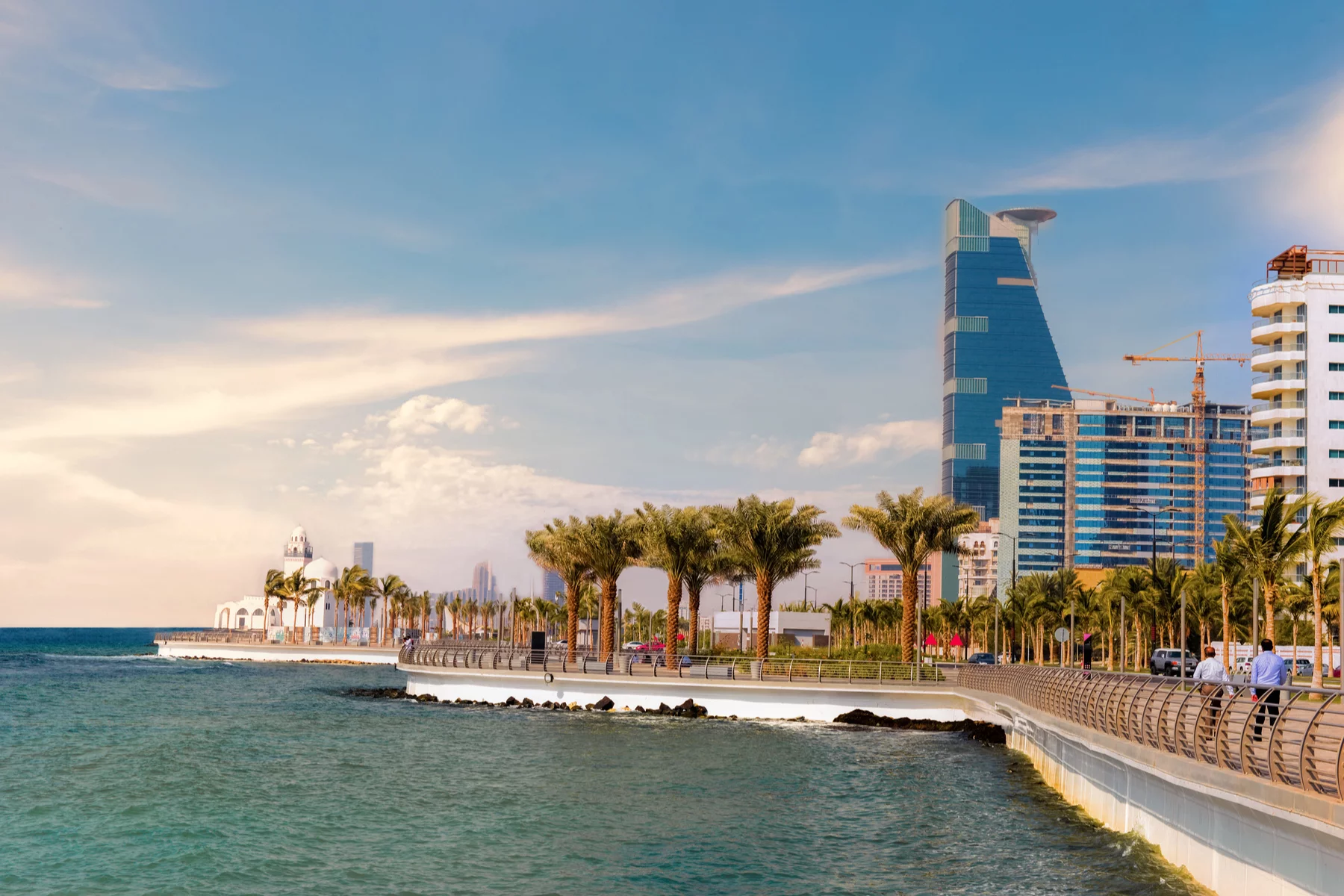
The city is also within easy driving distance of spectacular mountain and coastal scenery. This includes the area of Taif (Mecca region), Asir, and hundreds of kilometers of beaches stretching north and south of Jeddah. The first flights from the new Jeddah airport started in 2019, while the high-speed Haramain rail service has also linked Jeddah with Mecca and Medina since 2018. A metro service should be fully commissioned in 2025.
Dammam/Al Khobar/Dhahran
Located in the Eastern Province, this metropolitan area of around 4.5 million people is Saudi Arabia’s economic heartland. Oil installations and some of the world’s biggest industrial plants dot the landscape; this region is also where most skilled expats in the country work and live.
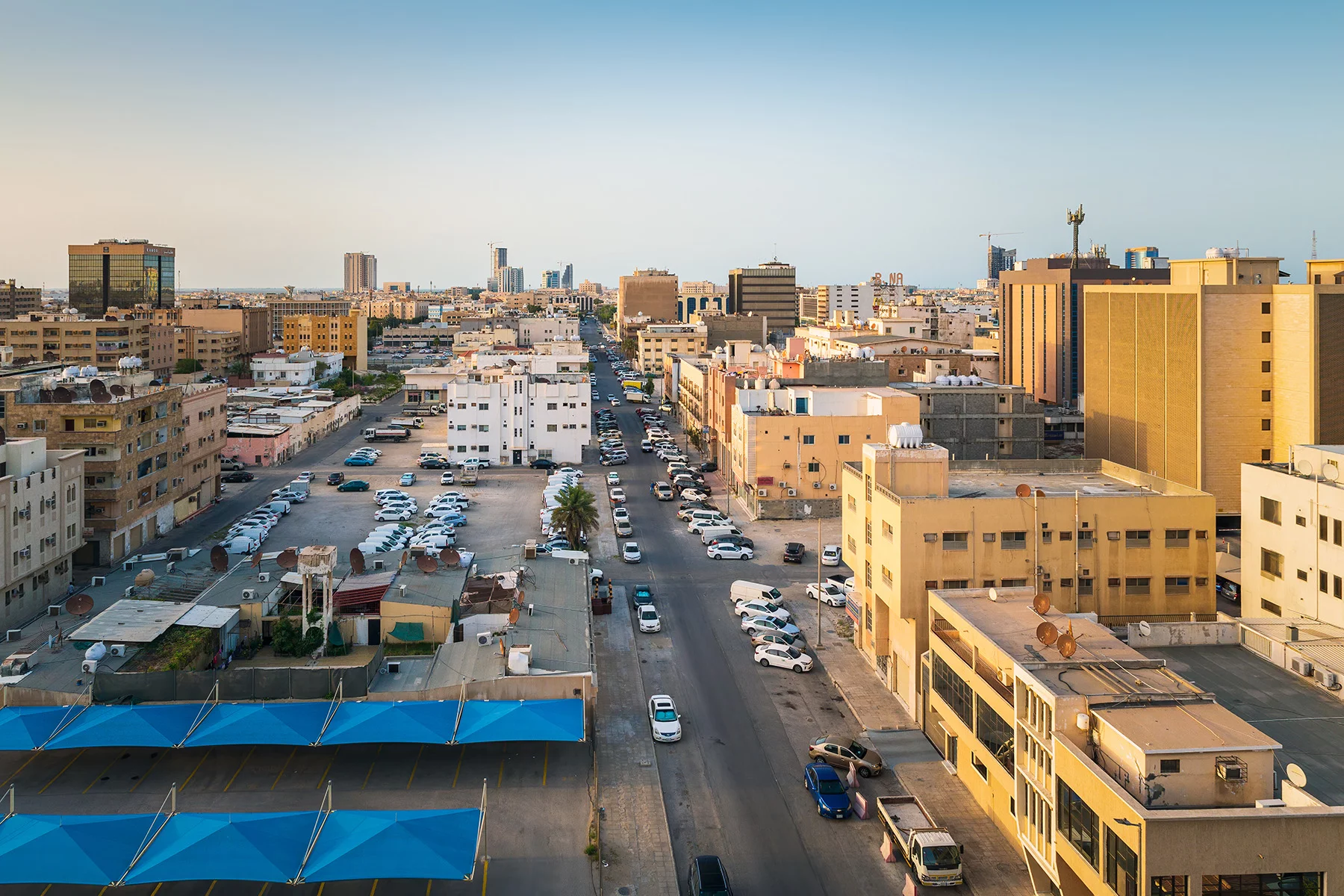
Principal expat employers in the Eastern Province include Saudi Aramco (the state oil company) and Sabic, an industrial conglomerate exporting products worldwide from massive facilities in Jubail.
Saudi Arabia: facts and figures
Society and economy
The Kingdom’s socio-economic development program, Vision 2030, has 13 strategic programs that aim to transform the economy, create new jobs, and support a wider role for women in the workforce and society.
Work is underway on the US$500 billion NEOM project in northwest Saudi Arabia. Covering 26,500 square kilometers, NEOM will be the Kingdom’s first smart city. Furthermore, located along 460km of the Red Sea coast, it will be a major tourist draw.
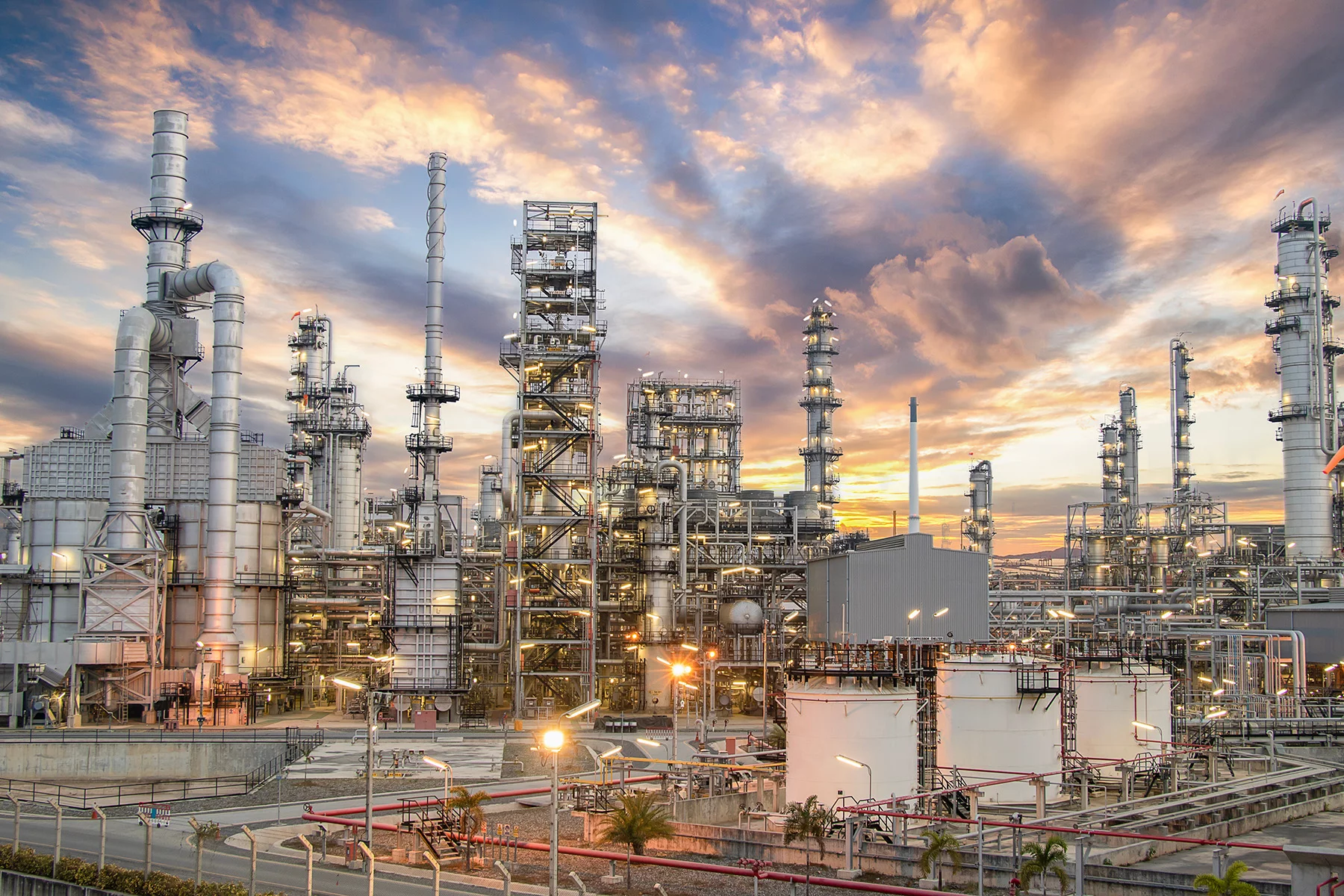
The world’s largest oilfield, located in the Eastern Province, produces some 3.8 million barrels per day of oil alone; this is equivalent to the amount produced by China.
Saudi Arabia also has the world’s largest dairy farm, with 95,000 cows producing one million liters of milk annually.
Saudi Arabia does not levy any income tax; it launched VAT in 2018, now at 15%.
Riyadh
In 1965, Riyadh had a population of approximately 155,000; today, it is more than seven million.
The capital city, Riyadh, is currently building the world’s largest integrated public transport system. The $27 billion project will have 176km of metro tracks with 85 stations on six lines.
The country’s first public cinema opened in Riyadh in June 2018 after a 30-year ban on public screenings was lifted.
Women’s rights in Saudi Arabia
Saudi Arabia has a reputation for strict laws about women’s dress, behavior, and other rights. While the famous ban on women holding driving licenses is no longer in place (almost 175,000 women have received a driving license since 2018), there are still many restrictions. As a result, Saudi Arabia ranks 147th out of 156 countries on the Global Gender Gap Index.
On the other hand, women have more opportunities now than in the past. For example, they currently make up 33% of the workforce, more than double five years ago. However, there is still a long way to go – women still earn a lot less than men, and there are very few women in high-powered positions.
General facts
- Two-thirds of Saudi Arabia’s population is under 35.
- About 50% of the country’s drinking water comes from the 31 desalination plants along the coast.
- The Jeddah Tower was expected to be 1,000 meters tall, making it the tallest building in the world. However, construction has been halted since 2018.
Saudi Arabia: key historical dates
The Kingdom of Saudi Arabia (formerly the Kingdom of Nejd and Hejaz) was established by royal decree on 23 September 1932. People commemorate the date every year on that day with a public holiday.
The first oil was discovered on 3 March 1938 in Dhahran (Eastern Province), paving the way for an economic boom.
Economy and living standards in Saudi Arabia
With a gross domestic product (GDP) of $700 billion, Saudi Arabia has the world’s 18th largest economy. Often perceived as one of the world’s richest countries, its per capita GDP of $19,996 lags behind Qatar, Kuwait, Bahrain, and the UAE in the Middle East.
Saudi Arabia is the largest exporter of oil, currently exporting 6.5 million barrels per day of crude oil. Oil sales and exports account for about 70% of export earnings.
Riyadh is the world’s 85th most expensive city in which to live. Jeddah is ranked at 101.
Vision 2030 plan
The Vision 2030 economic and social reform plan aims to reduce the Kingdom’s dependence on oil, encourage new sectors such as tech, leisure, entertainment, and small and medium-sized enterprises. It also aims to tackle high unemployment among Saudi nationals, which stands at 8.22% amidst the global COVID-19 pandemic.
The Saudi currency is the riyal (SR), which is pegged to the US dollar (US$1 = SR3.75).
Saudi Arabia’s people and society
The population
Of the Kingdom’s 33.4 million population, almost 38% are expats on short-term employment contracts. The Kingdom’s population lives mainly in the three main metropolitan areas of Riyadh, Jeddah, and Dammam/Dhahran/Al Khobar. Around two-thirds of the population is under the age of 35.
Except in rare cases, expats cannot obtain Saudi citizenship, even if they were born in the country and have lived there all their lives. However, it might be possible if you marry a Saudi citizen.
Religion and ethnicity
The expat population consists of diverse ethnic and linguistic groups from South Asia, the Far East, Europe, and North America.
Islam is the sole religion among Saudi citizens and many expats. It is against the law to practice other faiths publicly in the country.
Spoken languages
Arabic is the national language, although English is widely spoken in Riyadh, Jeddah, and Dammam, and people use it in many day-to-day business communications.
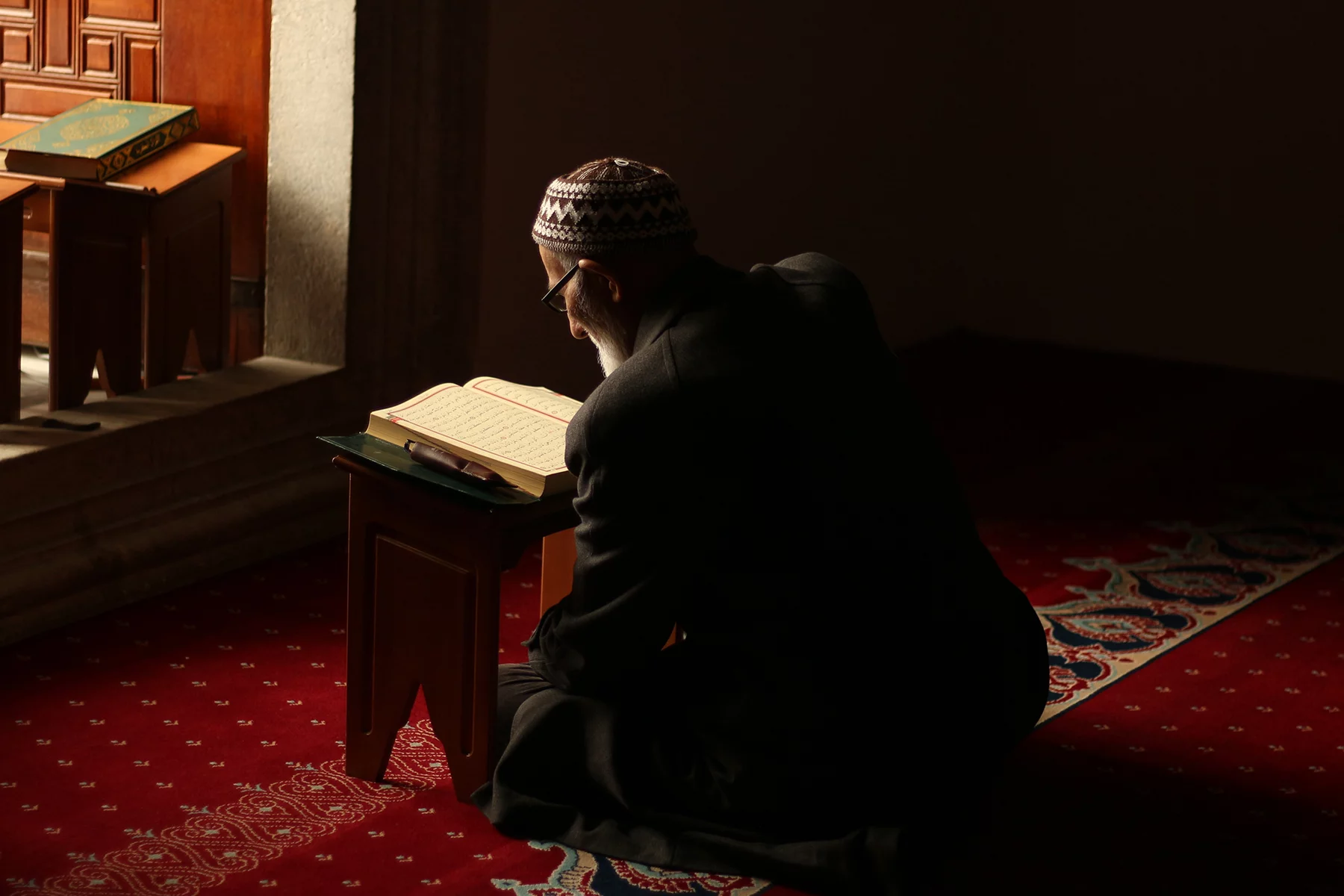
As an expat, it pays to understand Saudi culture and way of life. A little bit of Arabic knowledge will go a long way. While it is virtually impossible for expats to integrate and assimilate truly, the warmth and hospitality of the Saudi people can make your stay a memorable and enjoyable one.
Social etiquette
Saudi Arabia is a conservative country. Therefore, expats should respect traditional social attitudes and conform to social etiquette. This includes, however, is by no means limited to not eating or drinking in public during the Holy Month of Ramadan; never showing the soles of your feet; dressing conservatively (women don’t need to cover their face or head, but most local women do); and not criticizing Islam, the royal family, or the country.
Society and future developments
Saudi society is arranged along tribal lines, led by the royal family, and this structure (and the influence of the different tribes) is part of everyday life in the country. For example, a common practice in Saudi Arabia (and the rest of the Arab world) is wasta, which relates to a well-connected individual who has the influence to get things done.
The country is embarking on a new era of social openness and mobility under a raft of reforms (under the National Vision 2030) spearheaded by Crown Prince Mohammed bin Salman.
Saudi Arabia’s lifestyle and culture
Life is what you make it – and that’s as true in Saudi Arabia as anywhere. While the quality of life in Saudi cities could be improved (Riyadh is 164th, Jeddah is 168th), things are changing fast.
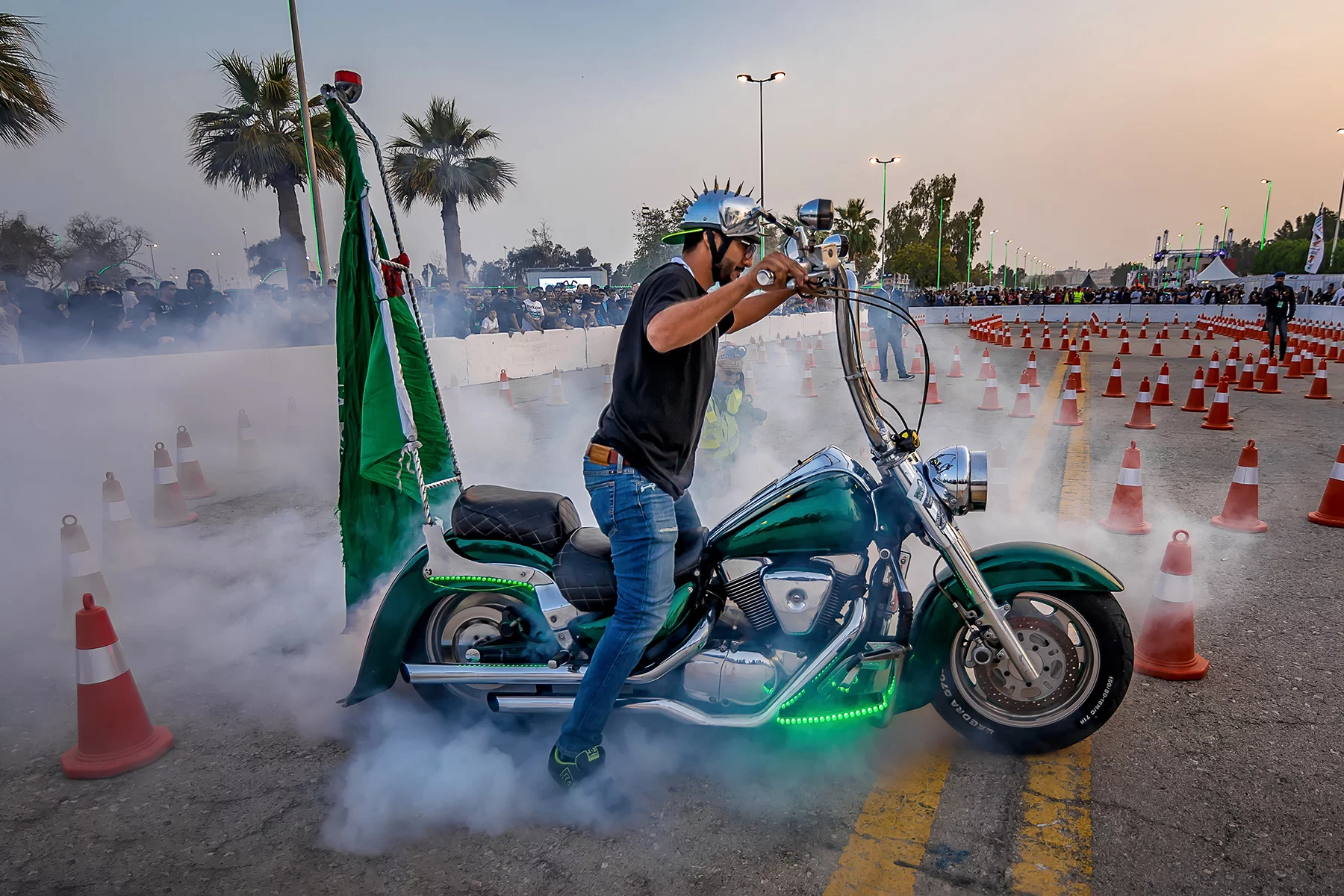
There has never been more to do for expats living in Saudi Arabia than now. Entertainment, art, and culture – previously almost non-existent in the country – are flourishing. Global music superstars, theatre productions, and high-profile sports events – which were unthinkable just two years ago – are now social circuit fixtures. There are also many live competitive sporting events and cultural festivals.
Food and drink in Saudi Arabia
Saudi Arabia might not be known as a foodie heaven. Yet, as with much in the Kingdom, things are changing. Expect excellent quality and reasonable prices. From street-side shawarmas and grills to opulent buffets in luxury hotels, your only constraint is your budget.
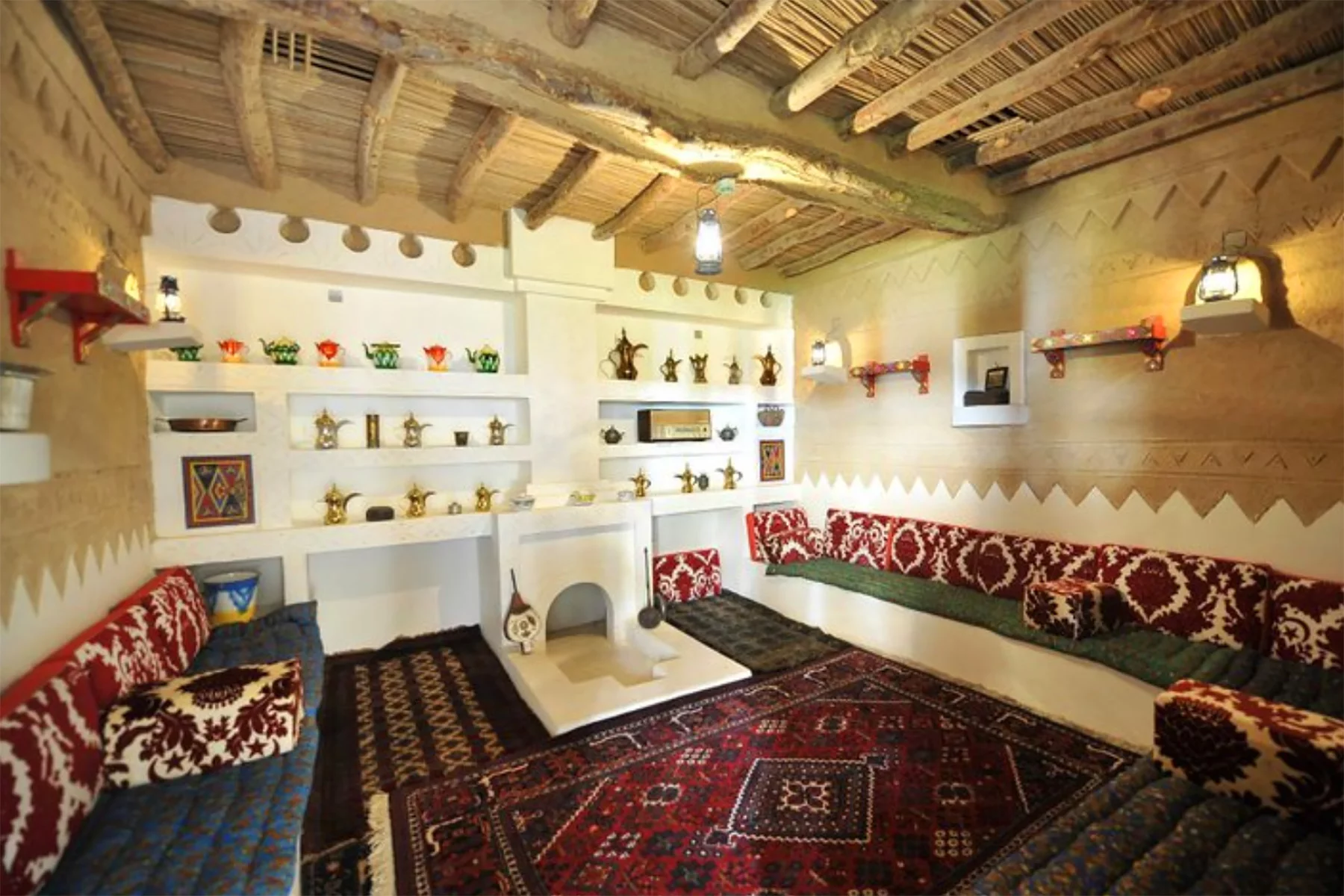
Tuck into kabsa, a biryani-like dish which the Saudis have claimed as their national dish. There’s also ghoozi, another rice dish where the star of the show is the tenderest lamb imaginable. And make sure to leave room for the venerable umm ali, the Arab world’s delicious equivalent of bread and butter pudding.
Because one-third of the population are expats, you can expect huge diversity in available cuisines; from every fast-food chain known to humanity, Indian, Chinese, Thai, Lebanese, Italian, and Mexican, wonderful seafood (on the coast), and steak. However, it’s important to note that no alcohol or pork is served anywhere.
Beverage options are as diverse as the food. You can try a creative mocktail mixed on practically every street corner or juice from every fruit under the sun. Karak chai is a sweet and comforting tea, and qahwa (coffee) is flavored with cardamom and served in small cups.
Note that people, even families with kids, tend to eat late in Saudi Arabia. It is normal to sit down for a meal at 22:00 midweek. Many cafes stay open until the early hours. Note that restaurants and cafes shut their doors during prayer time; newcomers will have to wait outside until after prayers. If you’re inside, you can stay, but service will only resume after prayer.
Politics, government, and administration in Saudi Arabia
Saudi Arabia is an absolute monarchy ruled by an Al Sa’ud family. Islamic Sharia law is the primary source of legislation. King Salman combines legislative, executive, and judicial functions. As Prime Minister, he presides over the Council of Ministers, responsible for foreign and domestic policy, defense, finance, health, and education.
In 1993, the Consultative Shura Council was established, and this body has the power to draft legislation and, along with the Council of Ministers, promote it for the King’s approval.
In practice, major policy decisions are made informally through consensus, which is sought principally from within the royal family. However, they also consider the views of religious scholars, tribal leaders, and the heads of prominent trading families.
The Kingdom is divided into 13 administrative regions, each organized into districts. Regional governors, typically from the royal family, preside over municipal councils. Along with their councils, governors are responsible for finance, health, education, agriculture, and municipalities. The consultative principle operates at all levels of government, including governing villages and tribes.
A significant Middle East economic and political power, Saudi Arabia enjoys excellent relations with the US, the European Union, and western nations. Its main regional rivals are Iran and Israel, while the Kingdom, Bahrain, UAE, and Egypt, severed diplomatic relations with its GCC neighbor Qatar in 2017. Read our guide to the government in Saudi Arabia.
Rights and freedoms in Saudi Arabia
Saudi Arabia ranks 151st out of 162 countries in the Cato Human Freedom Index. Furthermore, it has the world’s 170th freest press. However, the Kingdom is making minor improvements in rights and freedoms, particularly those of its women.
Saudi females must have a male legal guardian (typically father, husband, or brother) who makes decisions on their behalf. In mid-2019, however, the government announced that women may have passports and travel abroad without the consent of their male guardians. In addition, legally, women no longer need permission to work or study, though, in practice, some employers and universities still require approval. Homosexuality is against the law in Saudi Arabia.
Crime and policing in Saudi Arabia
The Saudi justice system is based on Sharia law. Serious crime is rare in Saudi Arabia. As an expat, it is highly unlikely that you will be a victim of one.
As an expat, your most likely interaction with the police will be on the roads. Unfortunately, Saudi Arabia’s road safety record makes for grim reading; the country has a road traffic fatality rate of 28.8 per 100,000 people.
The import and distribution of drugs are punishable by death. In addition, petty crimes such as theft and mobile phone snatching are not uncommon in crowded areas such as markets.
In recent years, the country has also begun to focus to a larger extent on anti-corruption.
Healthcare in Saudi Arabia
The three main cities in Saudi Arabia have excellent hospitals, medical, and healthcare facilities. Most expats visit a private hospital or clinic for treatment. Private health insurance is compulsory for expats (typically provided by the employer). Expats working in the public sector can access state healthcare facilities. Women’s healthcare in Saudi Arabia is of high quality, although some treatments available elsewhere are unavailable here.
Medication is widely available at pharmacies across the country. However, note what you can’t bring into the country, as there are heavy controls on tranquilizers, sleeping pills, and anti-depressants.
Education in Saudi Arabia
Children of expats in Saudi Arabia cannot attend state education. There are, however, great international schools in Riyadh, Jeddah, and the Eastern Province; these cater to primary and secondary school-age students.
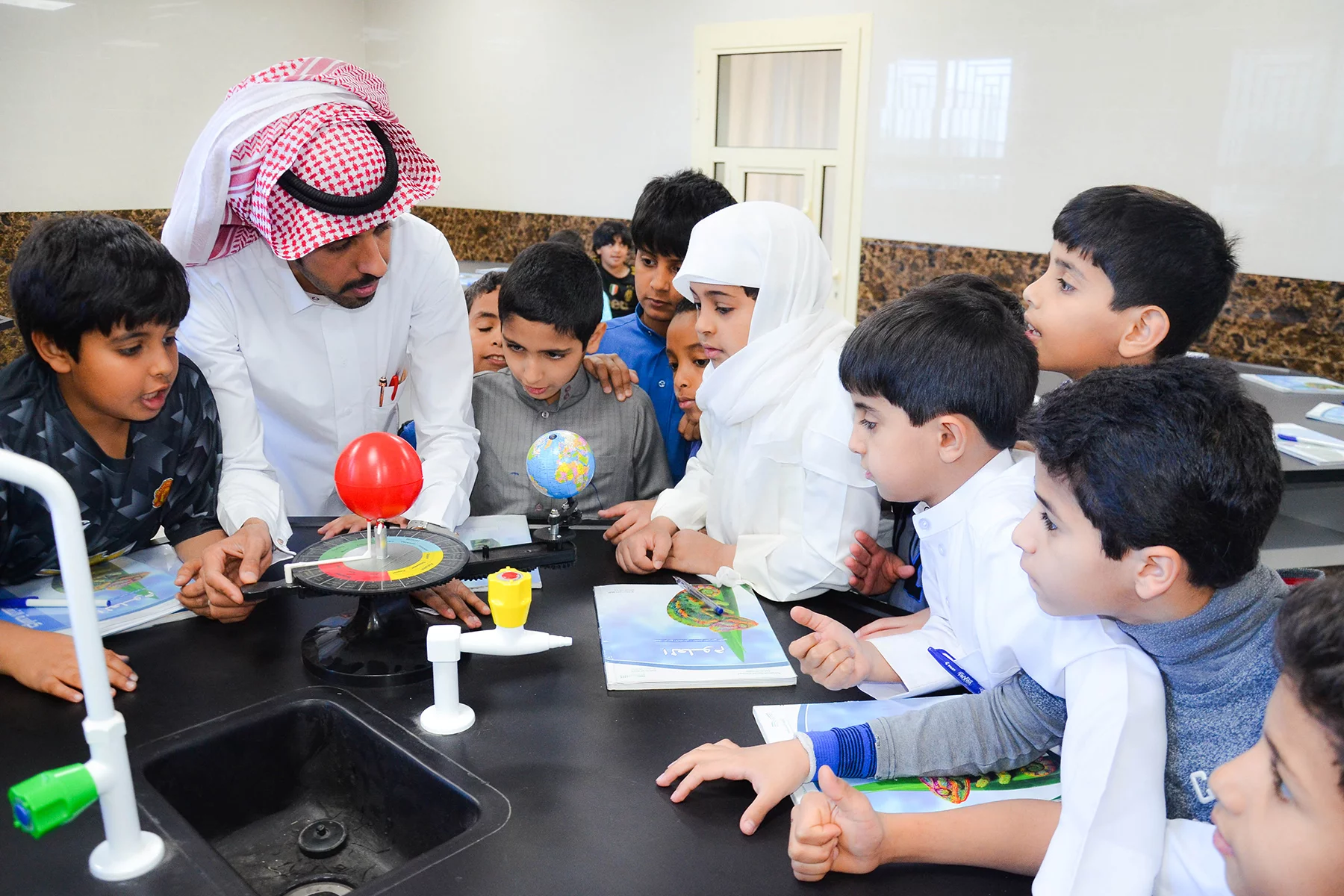
Check out the American International School in Riyadh, International Schools Group in Dammam, and Jeddah International School.
Work and business in Saudi Arabia
Put simply, expats come to Saudi Arabia for one reason: to work. Salaries in Saudi Arabia for skilled, qualified positions are good, and there is no income tax. Although lower oil prices and regional geopolitics have affected the economy, expats still have good job opportunities.
The oil industry and the many downstream industries that support it remain the principal employer in the country for expats.
There are efforts to encourage entrepreneurship and create small and medium-sized businesses, although few expats choose this route due to perceived (or real) bureaucratic obstacles. These include the need for Saudi business partners, high start-up costs, and unclear formalities.
Work and residence permits
Due to the strict visa policy, expats rarely come to Saudi Arabia to look for work. Therefore, before traveling to the Kingdom, the employer arranges work and residence permits (iqama). These will be contingent on the employee passing background security checks, having a relevant educational qualification, and undergoing a thorough health check.
Many expats also choose to move to Saudi Arabia without their families.
Unemployment among Saudis stands at 8.2%. That said, many young Saudis attend top overseas and prestigious Saudi Arabian universities, and the vast majority return home to begin their careers.
Saudi labor law stipulates that a certain percentage of a company’s workforce must be Saudi citizens. The rate depends on the activity of the business.
Environment and climate in Saudi Arabia
While temperatures in Riyadh can reach more than 50 degrees in the summertime, it isn’t all extreme heat and suffering. Saudi Arabia has seasons (and pleasant ones), and it’s a big country. Therefore there are always regional differences in environment and climate.
Summer (May to September) is inescapably hot and dry unless you are on top of a mountain. Winter (November to February) is generally cool and comfortable, although it can be surprisingly cold in the north and interior. It can even snow.
Humidity is high on the coasts (you will rarely need a jacket in Jeddah) and very low in the interior (bring lots of moisturizer to Riyadh).
Riyadh is subject to intense and unpleasant dust storms, particularly in April and May. Rain only falls in winter, spring, and fall and is uncommon, except in the southern mountains. When rain does happen, beware. Flash floods are real (and can be lethal), and city streets can become dangerous during downpours.
Current environmental issues
Environmental issues are beginning to enter the public conscience, which is a real step in the right direction for a country whose economy is based on the extraction of fossil fuels. The Kingdom is now exploring renewable energy to take advantage of solar power potential, while state-of-the-art public transport systems aim to reduce car use and carbon emissions.
Saudi Arabia has several protected areas and nature reserves, safe havens for native flora and fauna. For example, Mahazat as-Sayd Protected Area is the second-largest completely fenced reserved region after South Africa’s Kruger National Park.
Great places to visit in Saudi Arabia
Madain Saleh
Awe-inspiring desert archaeology site of the ancient pre-Islamic archaeological site. Think Petra in Jordan, but without the crowds – or any crowd. This is likely to change, so go as soon as you can.
Masmak Fort, Riyadh
This is where it all began for the modern Kingdom. There remains an arrowhead embedded in the thick wooden door of the fort lodged during battle when the late King Abdul Aziz ibn Al Saud in 1902 stormed the citadel in the heart of the city.
Rock Art, Ha’il
Discover fascinating petroglyphs and inscriptions on rocks at Jebel Al Manjor and Raat near Ha’il, north of Riyadh. As a matter of fact, the area is now a UNESCO World Heritage Site.
Public holidays in Saudi Arabia
The Kingdom has just three public holidays: Eid al-Fitr (four days), which in 2019 started on 4 June; Eid al-Adha (four days), which began on 12 August; and Saudi National Day (one day) on 23 September. Note that the dates for the two Eid holidays are based on the Hijra calendar and are subject to moon sightings.
Saudi Arabia: myth-busting
- Women have to wear a black robe: While many women do still wear an abaya, it is not compulsory apart from at certain religious sites. However, women are still expected to dress modestly.
- Saudi Arabia is always hot: Actually, in some parts of Saudi Arabia, it can be mild in the winter. Average temperatures in December are 14–23 degrees celcius. That’s not all – in the mountains, you can even see snow and ice.
- Saudi Arabia is too conservative to have fun: Although the type of fun you can have in Saudi Arabia won’t involve going to the bar for a beer, there’s still plenty to do there. There are stunning beaches, exciting festivals, and even English-language entertainment.
Useful resources
As an expat in Saudi Arabia, it makes good sense to join community groups and social clubs to make friends and pick up tips on adapting to life in the Kingdom. Facebook is, as ever, a great way to connect. So, check out:
Meetups are another fantastic way to make friends and pursue interests with like-minded people in Riyadh, Jeddah, and the Eastern Province.




